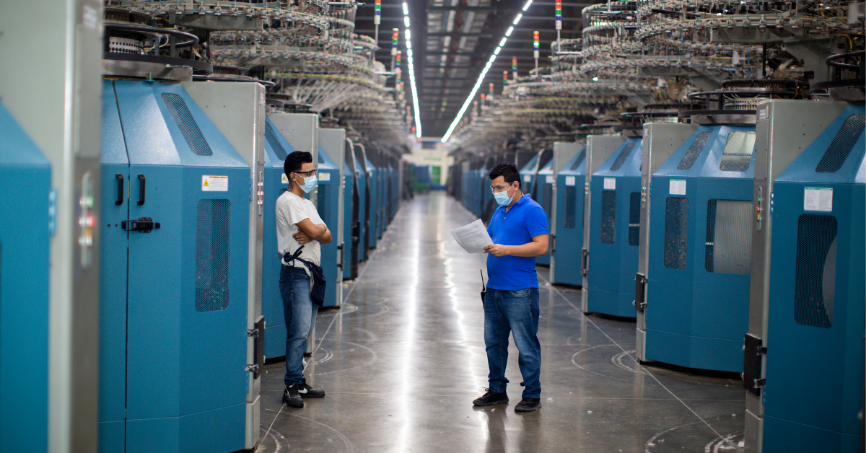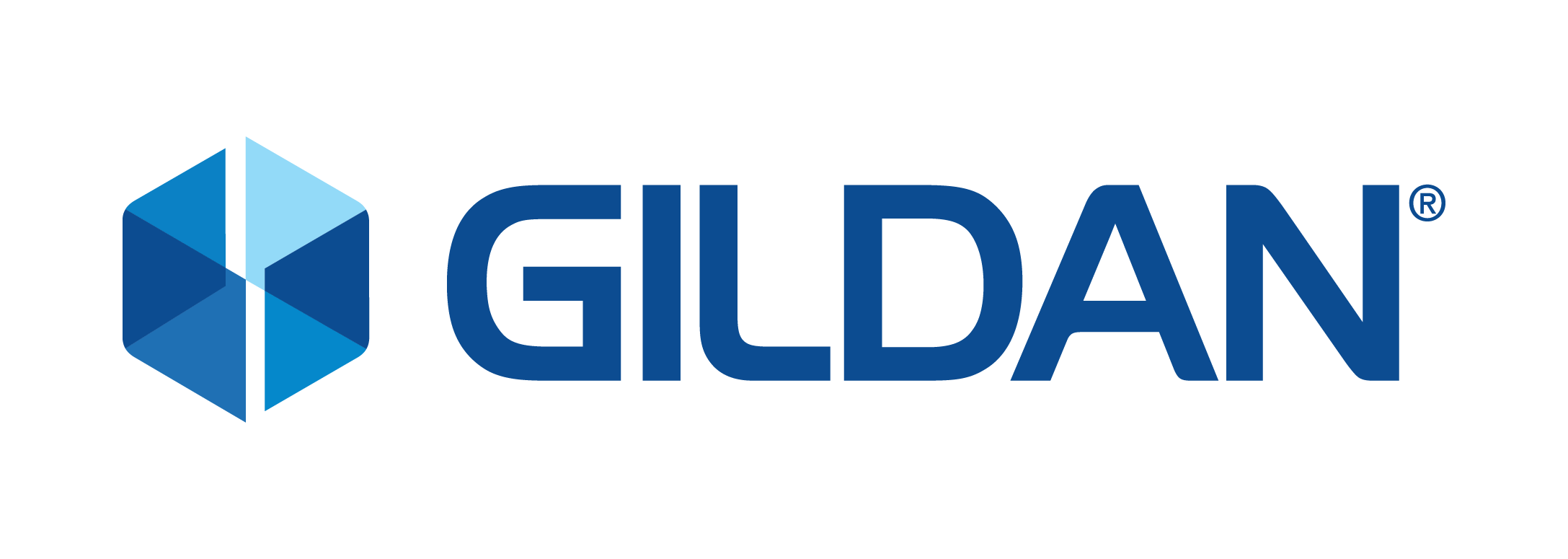Maximizing Efficiency With Gildan's Unique Business Model

Gildan is no stranger to the nuances and complexities of clothes manufacturing. The Company has been refining its craft in the apparel manufacturing space for over 35 years – a journey that has helped Gildan gain recognition as a leader in its industry. Today, the Company owns and manages close to 30 highly efficient yarn-spinning, textile, and sewing factories around the world operating under industry-leading social and environmental standards. The story behind the Company’s manufacturing excellence comes down to its unique business model: direct ownership of the production stages in its supply chain, better known as vertical-integration.
From yarn-spinning to finished garments, Gildan’s vertically integrated business model allows it to directly control the vast majority of the factories that make its clothes. This sets the Company apart from many apparel brands who often depend on outsourcing to third-party contractors. Gildan’s supply chain ownership has allowed the Company to embed standardized systems and processes at all levels of the production cycle, shaping the Company’s overall manufacturing venture into one that is highly regulated to be as efficient and responsible as possible.
"Gildan is well-positioned to optimize every single detail that goes into how we produce clothes from enhancing innovation at our factories to ensuring that we apply sustainable and cost-effective processes,” explains Benito Masi, President of Manufacturing at Gildan. “For instance, we have been adding new energy efficiency initiatives for years, which has allowed us to decrease our energy intensity, lower our GHG emissions, and increase our use of renewable energy. We also strategically set up our factories in regions that expedite the geographical flow of goods through our manufacturing stages to minimize transportation, reduce disruptions, and increase efficiencies. Our primary fibre of choice is cotton sourced from the United States, which is why our yarn-spinning facilities are also located there. Likewise, our textiles and sewing facilities are often located close to each other for that very same reason.”
Gildan’s supply chain oversight has played an important role in reinforcing its competitive positioning. With the Company’s unparalleled visibility over the entire scope of its operations, Gildan can take a more holistic approach when making decisions about its operations, allowing the Company to identify opportunities for new solutions and improvements that can often be missed.
“Gildan’s distinct way of operating is a testament to our longstanding commitment to manufacturing excellence,” adds Masi. “Gildan began under the belief that owning our factories was the best possible way to make great apparel, and ever since then, we’ve been keeping true to this founding principle.”
As adaptability becomes an increasingly essential focus across supply chains, Gildan will continue leveraging the advantages of its vertically integrated business model to service its customers, while continuing to invest in sustainable solutions.
Learn more about Gildan’s manufacturing process.

